Which is more successful hip or knee replacement?
Recovery from joint replacement surgery can vary depending on several factors, including the type of joint replaced (e.g., knee, hip, shoulder), the individual’s overall health, age, and the specific surgical approach used. However, here is a general timeline for recovery after joint replacement surgery:
- Immediate Postoperative Period (Hospital Stay):
- Most joint replacement surgeries require a hospital stay ranging from one to several days.
- During this time, patients are closely monitored for any complications, and pain is managed.
- Physical therapy usually begins within 24 hours after surgery to help with mobility and strengthening exercises.
- First Few Weeks Post-Surgery:
- Patients are typically advised to use walking aids such as crutches, walkers, or canes for support.
- Physical therapy sessions are crucial during this period to regain range of motion and strength.
- Pain and swelling gradually decrease, but some discomfort may persist.
- 4-6 Weeks Post-Surgery:
- Many patients start to experience improved mobility and reduced pain.
- Activities of daily living become more manageable.
- Continued physical therapy and exercise are essential to progress.
- 3-6 Months Post-Surgery:
- By this time, many patients have significantly improved joint function.
- They may return to light recreational activities such as swimming or cycling, but high-impact activities should be avoided.
- Physical therapy may continue as needed.
- 6-12 Months Post-Surgery:
- Patients continue to experience gradual improvements in strength, flexibility, and function.
- Many individuals can return to more strenuous activities like golf or hiking, depending on their progress and surgeon’s recommendations.
- Long-Term Recovery (Beyond 1 Year):
- Full recovery can take up to a year or more, especially for complex joint replacements.
- It’s essential to maintain an active lifestyle to support joint health and prevent stiffness.
- Routine follow-up appointments with the surgeon may continue for monitoring.
It’s crucial to note that individual experiences can vary widely. Some people may recover faster, while others may have a more extended recovery period, especially if they had additional health issues or complications.
Additionally, adhering to the recommended postoperative care plan, including prescribed exercises and lifestyle modifications, can significantly impact the speed and success of recovery. Patients should follow their surgeon’s instructions and communicate any concerns or issues during the recovery process.
Ultimately, the goal of joint replacement surgery is to improve the quality of life by reducing pain and restoring function, and many people experience substantial benefits from these procedures.







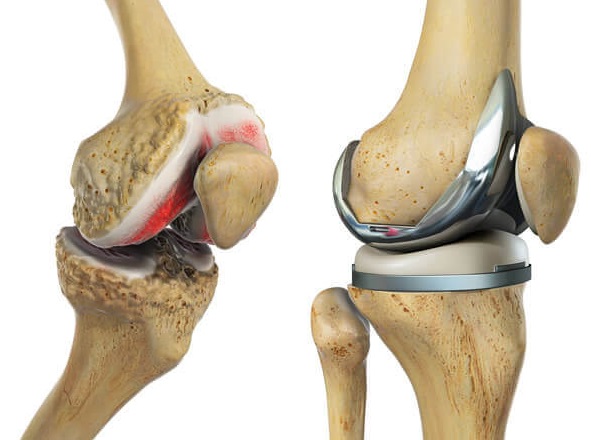
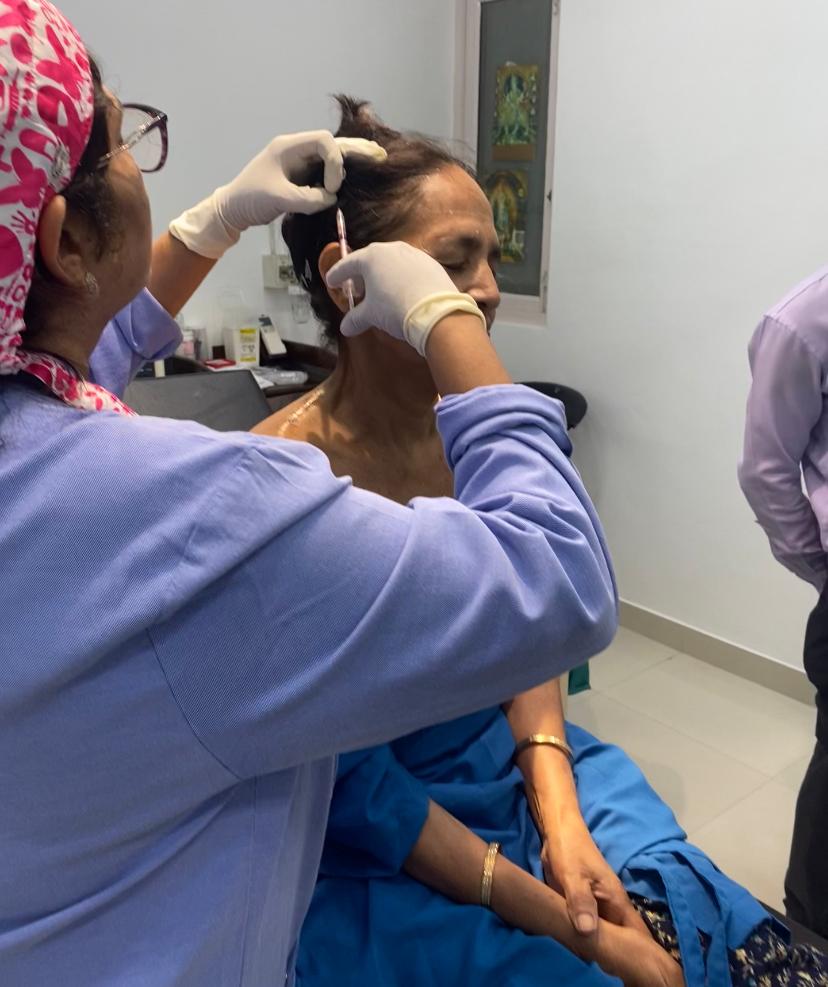
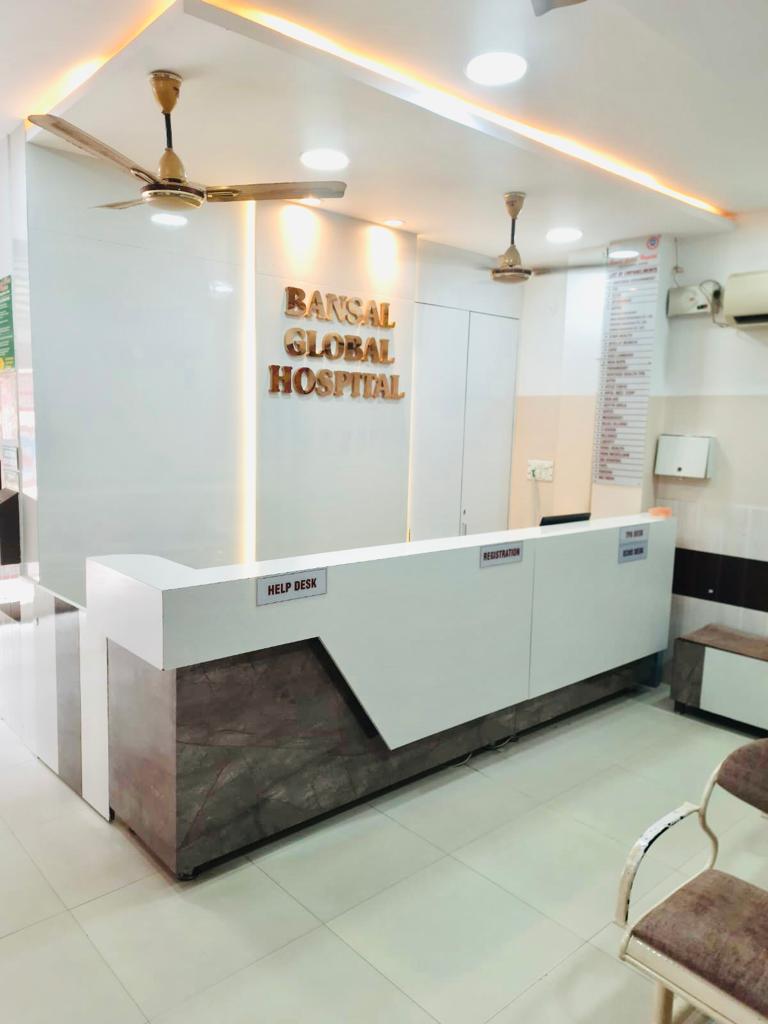
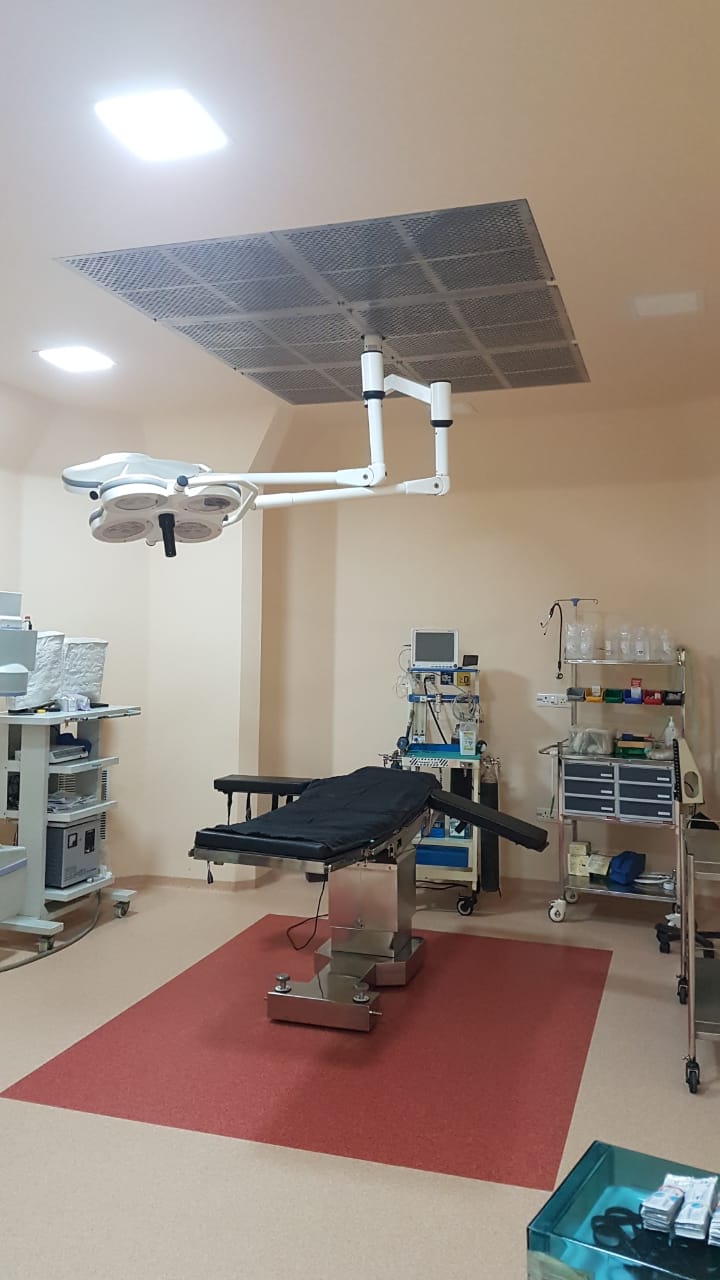
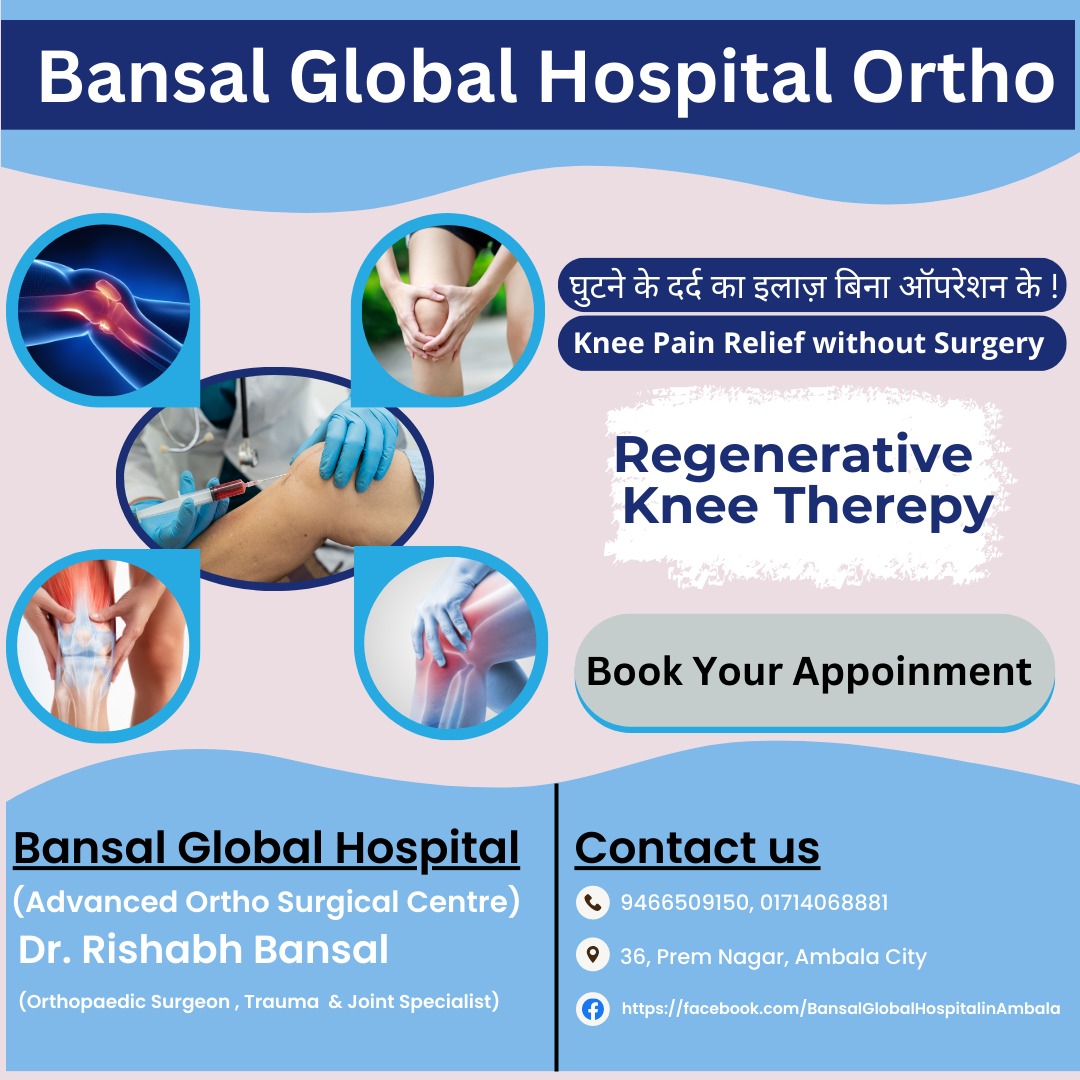
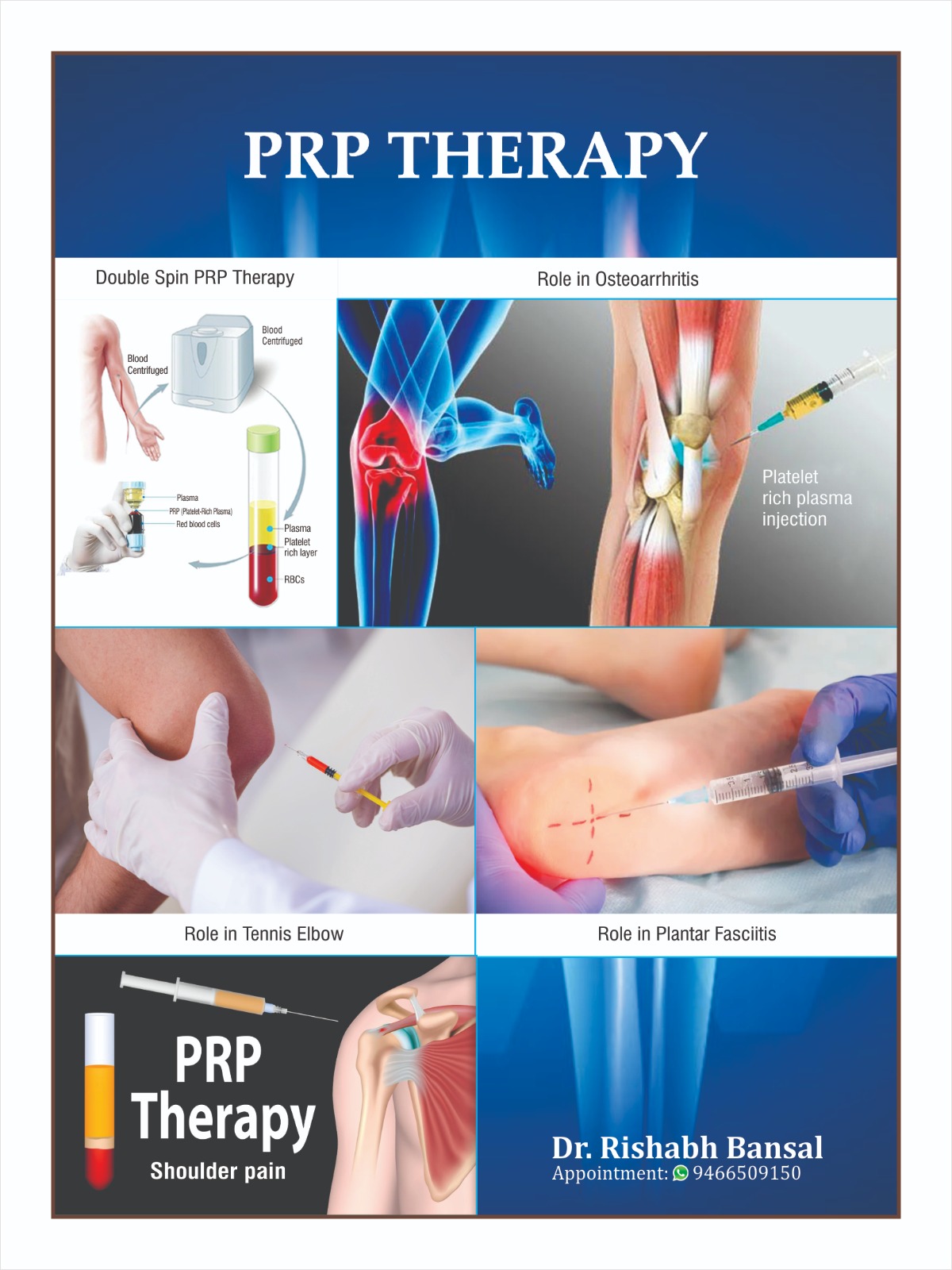
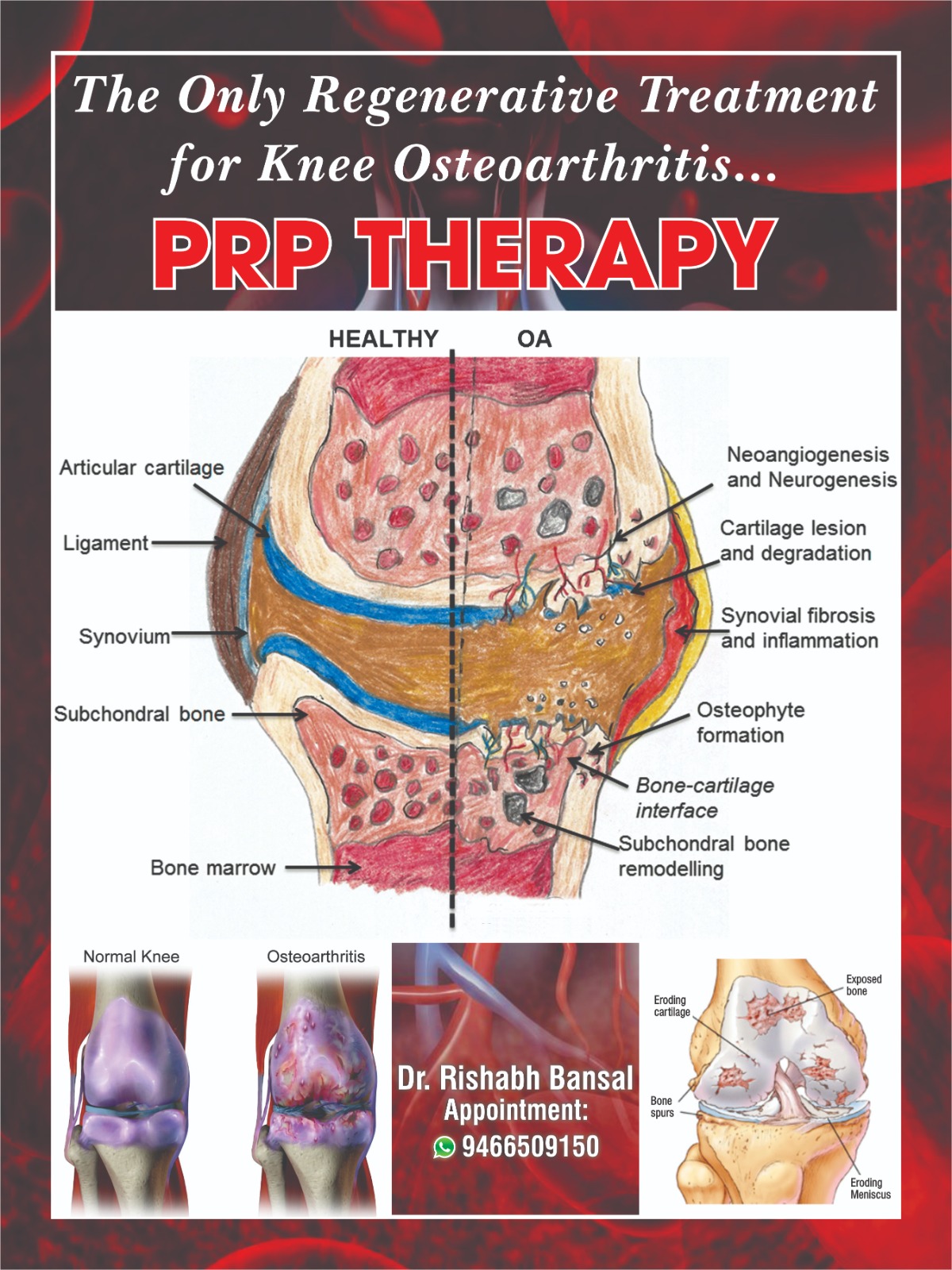
Comments are closed